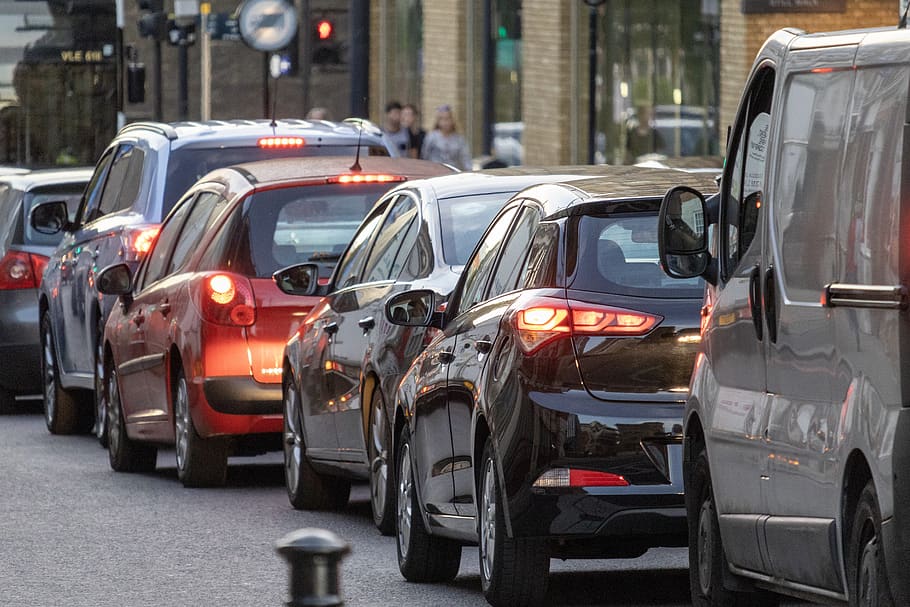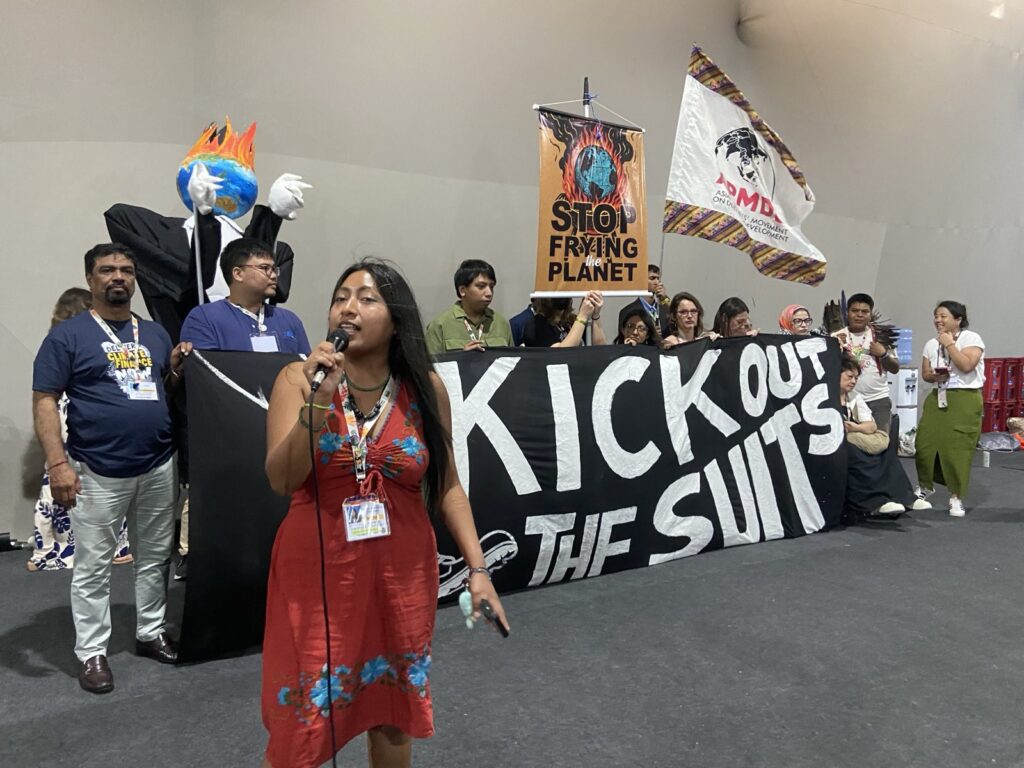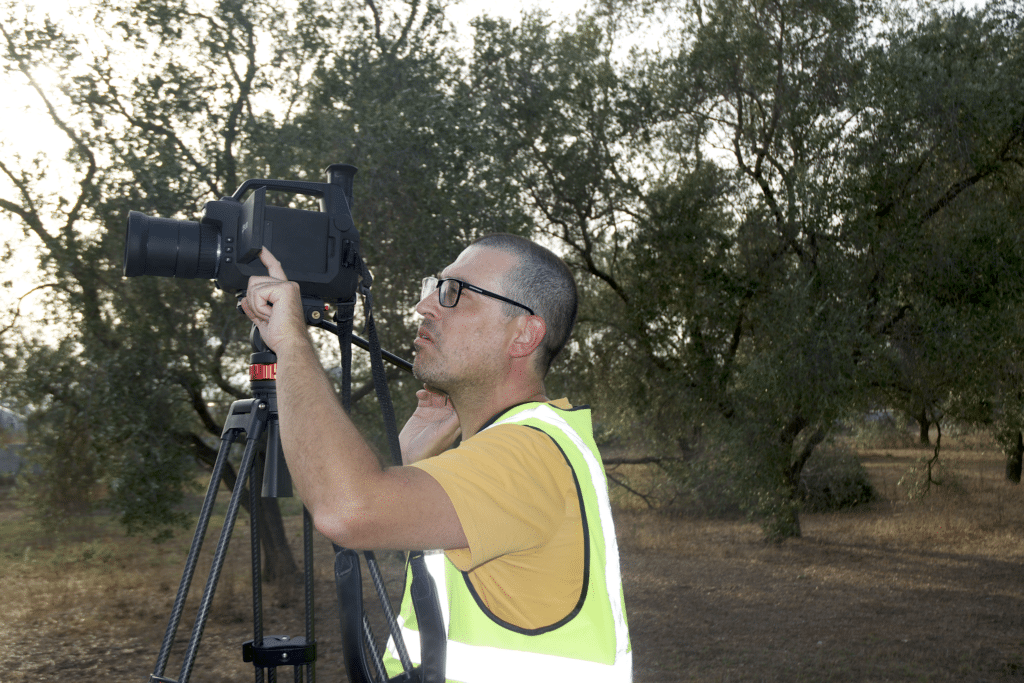The UK’s first ever Climate Assembly has called for an end to cross-party fighting as it presented its vision for a “net zero” future in a new report.
More than 100 participants from a cross-section of the UK have contributed to a series of recommendations on reaching carbon neutrality by 2050, the UK’s current target.
Assembly members showed overwhelming support for a frequent flyer tax, phasing out the sale of new petrol and diesel cars as soon as 2030 and a preference for tree-planting to store carbon over newer, more controversial methods.
Alok Sharma, Secretary of State for Business, Energy and Industrial Strategy and President of the COP26 UN climate summit set to take place in Glasgow next year, promised the recommendations would be carefully considered by MPs as they put their 2019 net zero pledge into practice.
“This assembly really represents the very best of our civil society,” he told the press conference, chaired by Darren Jones MP.
“This is the most important issue of our time. The government, the Prime Minister, we are all alert to the emergency of the climate crisis. We are committed to building back better.”
‘Polluter pays’
Aged from 16 to 79, those selected met over six weekends and were given talks by experts such as David Attenborough before voting on policies relating to travel, electricity, and what we buy and grow.
The assembly agreed on 25 underlying principles for the path to net zero, with most weight given to educating the population on climate change, clear government leadership and an end to cross-party politics.
On travel, members recommended against restricting individual travel and lifestyle choices, emphasizing the “polluter pays” principle. The assembly also called for greater investment in public transport, and a return to government control.
When it came to aviation, only 12 percent supported a carbon tax on all flights, but 68 percent backed increasing taxation for longer journeys.
Members backed heat pumps and networks, whereby heat is supplied to consumers via a network of underground pipes carrying hot water. They also supported a ban on new gas boilers, minimal disruption on retrofitting homes, and the creation of localised plans where possible.
Like what you’re reading? Support DeSmog by becoming a patron today!
On food and farming, those consulted backed using land more efficiently, promoting more local and seasonal food, and using carbon labelling so that consumers could understand their footprint better. They also supported giving farmers funding to store carbon, and cited the community benefits associated with local food production.
The report by Climate Assembly UK also notes that plans for net zero mean millions of tonnes of hard-to-avoid carbon emissions will have to be absorbed by 2050. Nearly all assembly members (99 percent) were in favour of naturally removing carbon through tree-planting, but only 42 percent backed technologies such as bioenergy with carbon capture and storage (BECCS) and direct air capture (DAC). Their concerns focused on the potential for leaks, and a fear they could distract from cutting emissions now if treated as a “magic solution”.
Chris Stark, chief executive of the government’s advisory body, the Committee on Climate Change (CCC), praised a “balanced, proportionate set of recommendations”.
“This was a tremendously valuable process which I think should be repeated,” he told the press conference. “It is advisory, but will feed directly into Parliament. It complements democratic representation.”
Ambitious enough?
A form of Citizens’ Assembly is advocated by climate activist group Extinction Rebellion (XR), but the group was “deeply critical” of the timeframe presented.
Spokesperson Marijn Van De Geer said: “The 2050 target is a massive gamble to take with millions of lives, giving us only a fifty percent chance of staying below 1.5°C, beyond which we risk unpredictable changes to our weather systems.
“As the assembly was framed around this government target, participants were not given a full picture of the urgent action needed to reduce emissions. There is also clearly no consideration of equity in the framing of this assembly, where countries responsible for a larger portion of the emissions than other countries should get to net zero much sooner.”
The process was commissioned by six parliamentary select committees, with candidates selected through a process managed by the Sortition Foundation, which ensures candidates are representative of the population’s age, ethnicity, gender, background, education level and living area. It was funded by the House of Commons, Esmée Fairbairn Foundation and the European Climate Foundation.
Subscribe to our newsletter
Stay up to date with DeSmog news and alerts






